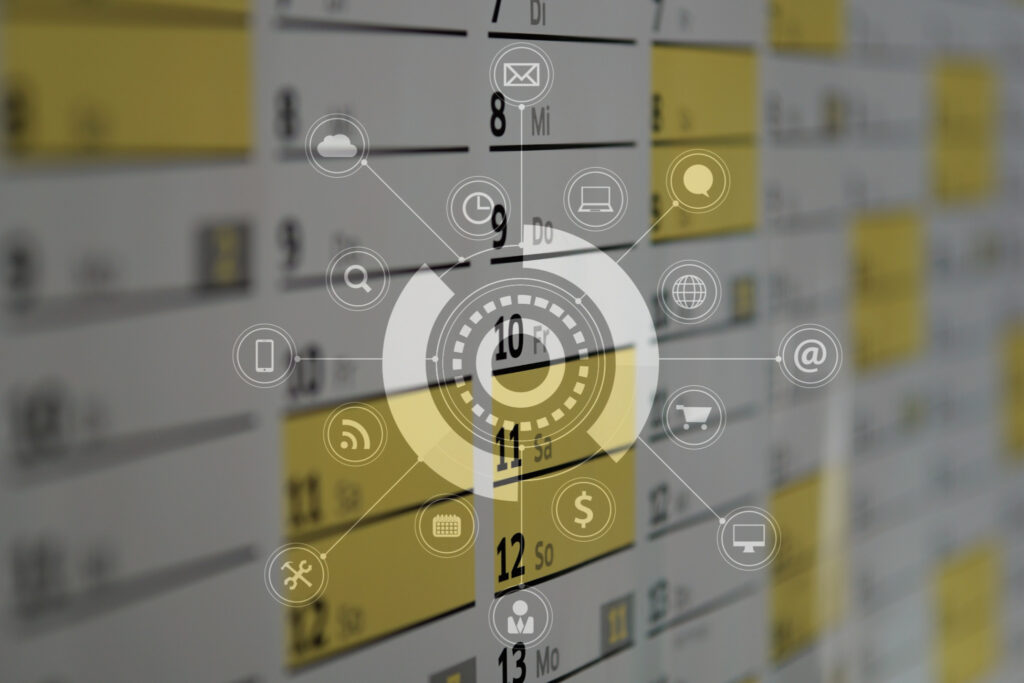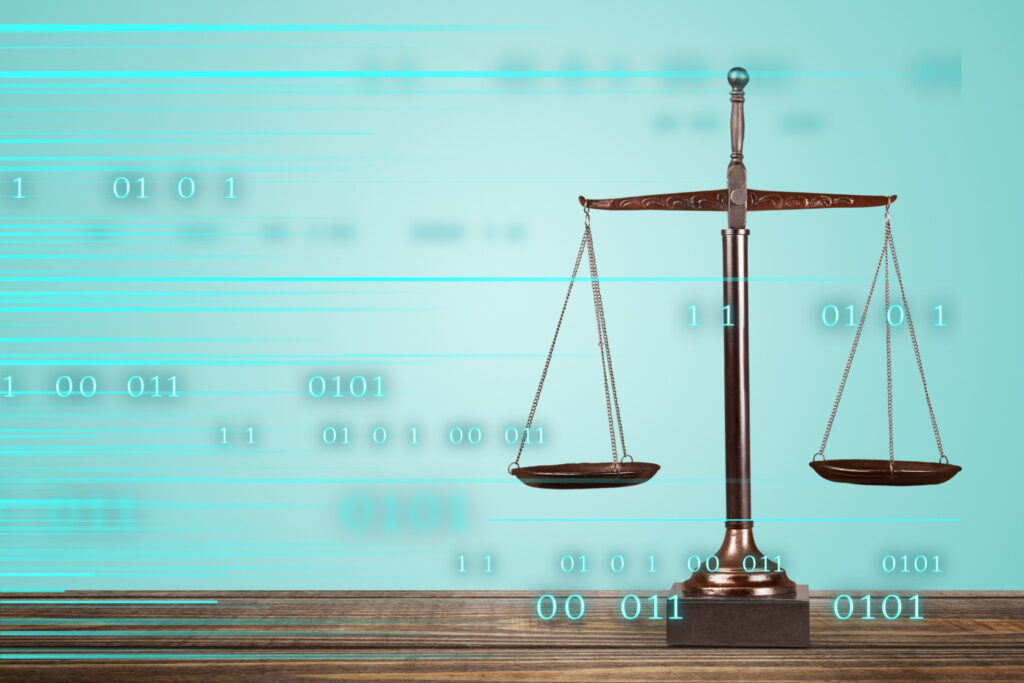The E-Sign Act is a vital piece of legislation that has transformed the way businesses and individuals engage in digital transactions. As a digital signature software provider, understanding and complying with the E-Sign Act’s requirements is crucial. If you’ve ever wanted to know more about the E-Sign Act read our most common FAQ’s here!
Q: What is the E-Sign Act, and how does it impact digital signature software providers?
A: The E-Sign Act, or the Electronic Signatures in Global and National Commerce Act, is a U.S. federal law that grants legal validity to electronic signatures and contracts. As a digital signature software provider, the E-Sign Act is of utmost importance to us as it establishes the legal framework for the use of electronic signatures. It ensures that our software can create secure and legally binding documents for our customers.
Q: How does the E-Sign Act ensure the legality of electronic signatures?
A: The E-Sign Act ensures the legality of electronic signatures by stipulating that they carry the same legal weight as traditional pen-and-paper signatures. It removes the need for physical documents and allows businesses and individuals to conduct transactions digitally. By complying with the requirements and guidelines set forth in the act, Wherewolf enables users to create, sign, and store electronic documents with confidence.
Q: What are the key benefits of the E-Sign Act for providers like Wherewolf?
A: The E-Sign Act offers several benefits, including guaranteed legal compliance: By adhering to the E-Sign Act’s provisions, our customers can confidently conduct transactions electronically, knowing that their electronic signatures are enforceable in court.
The act also simplifies the signature process, eliminating the need for printing, scanning, and physical document storage. Wherewolf streamlines workflows, reduces administrative burdens, and provides a convenient and time-saving solution for users.
Q: Are there any requirements or guidelines imposed by the E-Sign Act that digital signature software providers need to follow?
A: Yes, as a digital signature software provider, it is essential to comply with the requirements and guidelines set forth by the E-Sign Act such as maintaining records of consent, and ensuring the security and integrity of electronic signatures. It is crucial that we continue to develop software solutions that meet these standards to guarantee the legal validity of electronic signatures for our customers.
Q: How does the E-Sign Act contribute to consumer trust in digital transactions?
A: The E-Sign Act includes consumer protection provisions that promote transparency and fairness in electronic transactions. By requiring businesses to provide clear information about consumers’ rights and responsibilities, the act helps build trust in digital transactions. As a digital signature software provider, we play a role in upholding these provisions by offering secure and user-friendly software that enables consumers to confidently engage in electronic transactions.
By offering solutions that adhere to the act’s provisions, we enable our customers to harness the benefits of electronic signatures, enhance efficiency, and ensure legal compliance in their digital transactions.
Are you ready to take your business to the next level? Request a demo with one of our product specialists today!




















